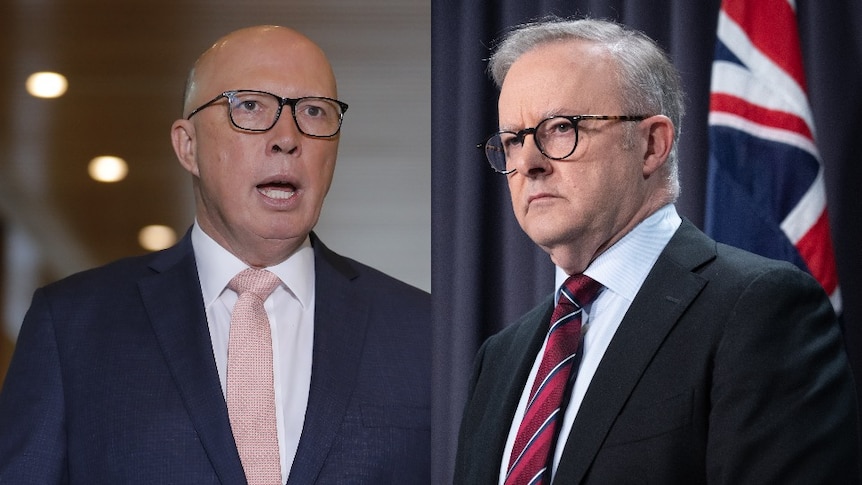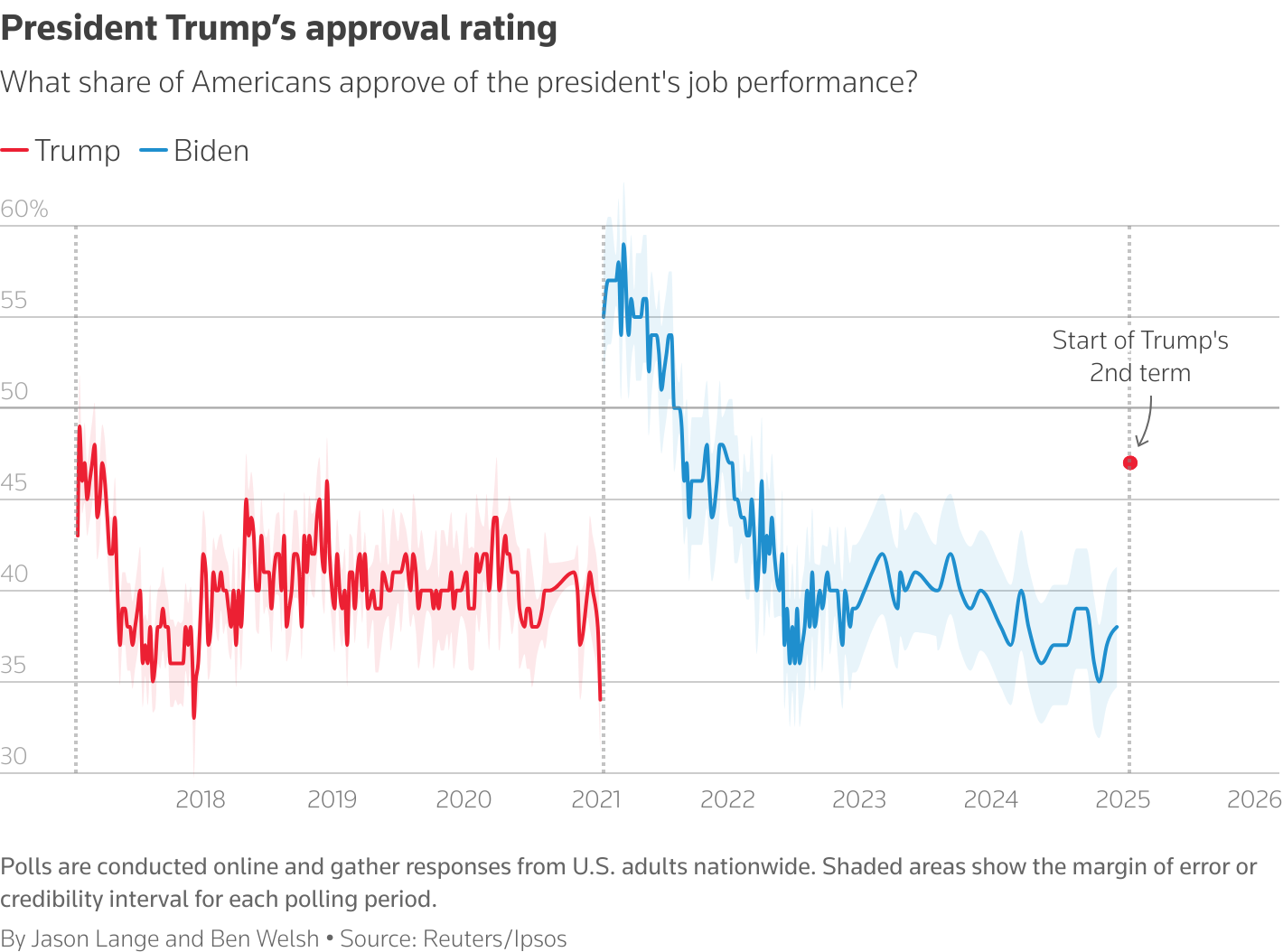Election 2024: Analyzing The Major Policy Differences Between Albanese And Dutton

Table of Contents
Economic Policy
The Australian economy stands at a pivotal point, facing challenges like inflation and cost of living pressures. Albanese and Dutton offer distinctly different approaches to economic management. Their contrasting views on taxation, inflation control, and government spending are key areas of divergence.
Taxation
Albanese's Labor Party generally favors targeted tax cuts for low and middle-income earners, aiming to boost household disposable income and stimulate consumer spending. This approach often involves measures like increased tax offsets or adjustments to tax brackets. Conversely, Dutton's Liberal Party typically advocates for tax cuts focused on businesses and high-income earners, arguing this will drive economic growth through investment and job creation. For example, the Liberals might propose cuts to company tax rates or higher-income tax brackets.
- Labor: Focus on targeted tax relief for lower and middle-income earners.
- Liberal: Focus on broader tax cuts, including benefits for businesses and high-income earners.
Inflation Control
Both parties acknowledge the pressing issue of inflation and the rising cost of living. However, their strategies for tackling these challenges differ. Albanese's government might emphasize responsible fiscal management, targeted social support programs, and measures to increase competition in key sectors. Dutton's Liberal party may prioritize policies that aim to boost productivity and reduce regulatory burdens on businesses, arguing this will ultimately control inflation. Specific policy details, such as proposed interest rate targets or regulatory reforms, are crucial differentiators.
- Labor: Likely to emphasize responsible spending and targeted social support.
- Liberal: Likely to emphasize productivity gains and reduced business regulation.
Government Spending and Budget
Significant differences exist in how Albanese and Dutton envision government spending and budget allocation. Labor generally prioritizes increased investment in social programs like education, healthcare, and aged care, alongside significant infrastructure projects. The Liberals often advocate for a more fiscally conservative approach, emphasizing efficient spending and controlling the national debt. This translates into different levels of funding across various sectors, from infrastructure development to social welfare initiatives.
- Labor: Prioritizes increased investment in social programs and infrastructure.
- Liberal: Emphasizes fiscal responsibility and controlled government spending.
Climate Change Policy
Climate change is a defining issue of our time, and the contrasting approaches of Albanese and Dutton reflect differing priorities. Their stances on emissions reduction targets, renewable energy investment, and climate change adaptation highlight a fundamental ideological divide.
Emissions Reduction Targets
Australia's commitment to reducing greenhouse gas emissions is a central point of contention. Albanese's Labor government has committed to ambitious emissions reduction targets, often aiming for net-zero emissions by a specific date. Dutton's Liberal Party generally advocates for less stringent targets, prioritizing economic growth alongside environmental concerns. The specific numerical targets and the pathways to achieving them represent a clear point of difference.
- Labor: Ambitious emissions reduction targets aligned with international agreements.
- Liberal: Generally less ambitious emissions reduction targets, prioritizing economic considerations.
Renewable Energy Investment
Investment in renewable energy sources is another key area of divergence. Albanese's Labor party typically supports significant government investment in renewable energy infrastructure, aiming for a rapid transition to cleaner energy sources. Dutton's Liberal party might favor a more market-driven approach, potentially relying more on private sector investment and less on direct government intervention. The level of government support for renewable energy technologies and the timelines for transition will vary significantly.
- Labor: Strong government support for renewable energy infrastructure development.
- Liberal: More market-driven approach to renewable energy investment.
Climate Change Adaptation
Adapting to the unavoidable impacts of climate change is another critical aspect of policy. Albanese's government might prioritize investments in infrastructure resilience and disaster preparedness. Dutton's Liberal party might focus on adapting to climate change within existing economic frameworks. The specific measures undertaken to protect communities and infrastructure from climate change impacts will likely differ.
- Labor: Emphasis on proactive infrastructure resilience and disaster preparedness.
- Liberal: Adaptation within existing economic structures and frameworks.
Healthcare Policy
Healthcare policy is a cornerstone of any government’s platform, and Albanese and Dutton present contrasting visions for the Australian healthcare system. Their proposals for Medicare funding, NDIS reform, and aged care improvements highlight differing priorities.
Medicare Funding
Sustaining and improving Medicare is a key priority for both parties, but their approaches vary. Albanese's Labor party is likely to advocate for increased funding to address rising costs and maintain access to quality healthcare services. Dutton's Liberal party might emphasize efficiency improvements within the existing system, potentially focusing on private sector involvement to alleviate pressure on public healthcare.
- Labor: Advocates for increased funding to maintain and improve Medicare services.
- Liberal: Focuses on efficiency improvements and potential private sector involvement in healthcare.
NDIS Funding and Reform
The National Disability Insurance Scheme (NDIS) requires significant funding and ongoing reform. Both parties acknowledge the importance of the NDIS, but their approaches to funding and managing the scheme may differ. Albanese's Labor party may focus on ensuring adequate funding and addressing concerns about access and service delivery. Dutton's Liberal party might emphasize efficiency and sustainability within the NDIS framework.
- Labor: Emphasis on adequate funding and improved access to NDIS services.
- Liberal: Focus on efficiency and sustainability within the NDIS framework.
Aged Care Reform
The aged care sector requires significant reform to meet the needs of an aging population. Both Albanese and Dutton acknowledge the need for improvements, but their plans for reform differ. Labor may prioritize increased funding, improved staffing ratios, and enhanced quality standards. The Liberals may emphasize improving efficiency within existing structures and promoting private sector participation.
- Labor: Increased funding, improved staffing, and higher quality standards for aged care.
- Liberal: Focus on efficiency improvements and potential private sector involvement in aged care.
Foreign Policy and National Security
Australia's foreign policy and national security are paramount considerations. Albanese and Dutton present different approaches to defense spending, relations with China, and regional alliances.
Defense Spending
The level of defense spending is a key indicator of national security priorities. Albanese's Labor government has committed to increased defense spending to address evolving security challenges. Dutton's Liberal party is also likely to support a strong defense capability, but their proposed levels of spending might differ.
- Labor: Committed to increased defense spending to address evolving security threats.
- Liberal: Also likely to support a strong defense, but the exact level of spending might vary.
Relationship with China
Navigating the relationship with China is a complex aspect of Australian foreign policy. Both parties recognize the economic importance of China, but their approaches to managing the relationship may differ regarding trade, diplomacy, and security concerns.
- Labor: A nuanced approach balancing economic ties with security concerns.
- Liberal: Likely to take a similarly cautious but potentially firmer stance on China.
Regional Alliances
Maintaining and strengthening regional alliances is crucial for Australia's national security. Both parties support strong alliances with key partners in the Indo-Pacific region, but their approaches to deepening these alliances might vary.
- Labor: Emphasis on strengthening regional alliances and multilateral partnerships.
- Liberal: Similar focus on strengthening regional alliances, potentially with differing emphases.
Conclusion
This article has highlighted some of the significant policy differences between Anthony Albanese and Peter Dutton ahead of the 2024 Australian federal election. Understanding these differences is crucial for making an informed voting decision. By carefully considering their stances on economic policy, climate change, healthcare, and foreign affairs, voters can choose the candidate whose platform best aligns with their values and priorities. Learn more about the candidates and their policies before casting your vote in the upcoming Election 2024. Make your voice heard and actively participate in shaping Australia's future by thoroughly researching the key policy differences between Albanese and Dutton before you vote. Your informed choice will directly impact the direction of Australia in the coming years.

Featured Posts
-
 Erik And Lyle Menendez Could They Face New Sentences
May 16, 2025
Erik And Lyle Menendez Could They Face New Sentences
May 16, 2025 -
 Pimbletts Post Fight Message To Critics Ufc 314 Chandler Bout
May 16, 2025
Pimbletts Post Fight Message To Critics Ufc 314 Chandler Bout
May 16, 2025 -
 Behind The Scenes Of Andor Cast Interview On The Rogue One Prequels Final Season
May 16, 2025
Behind The Scenes Of Andor Cast Interview On The Rogue One Prequels Final Season
May 16, 2025 -
 The Impact Of Presidential Pardons Trumps Second Term In Perspective
May 16, 2025
The Impact Of Presidential Pardons Trumps Second Term In Perspective
May 16, 2025 -
 Tom Cruise And Ana De Armas Spotted Together Again In England Fueling Dating Speculation
May 16, 2025
Tom Cruise And Ana De Armas Spotted Together Again In England Fueling Dating Speculation
May 16, 2025
